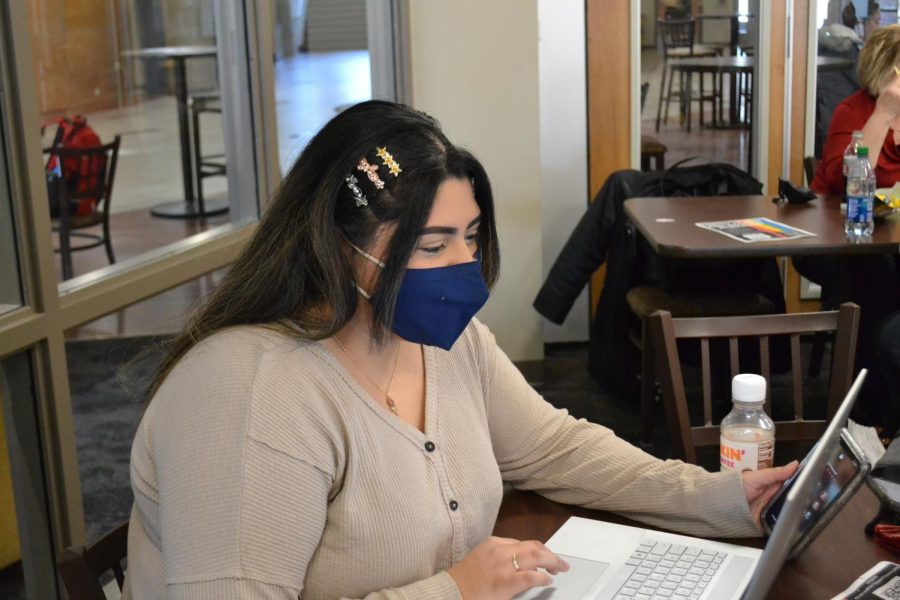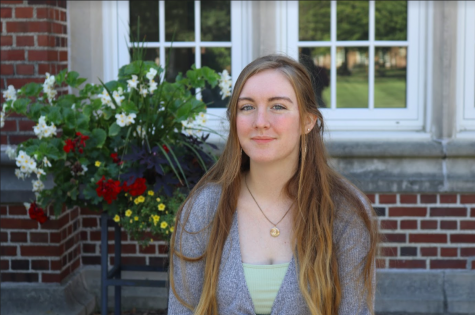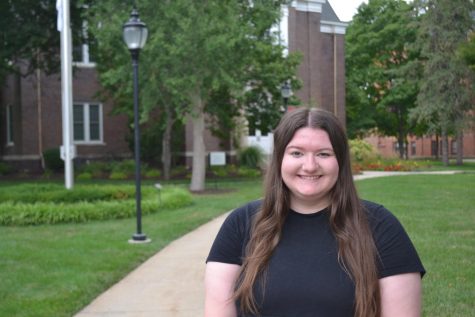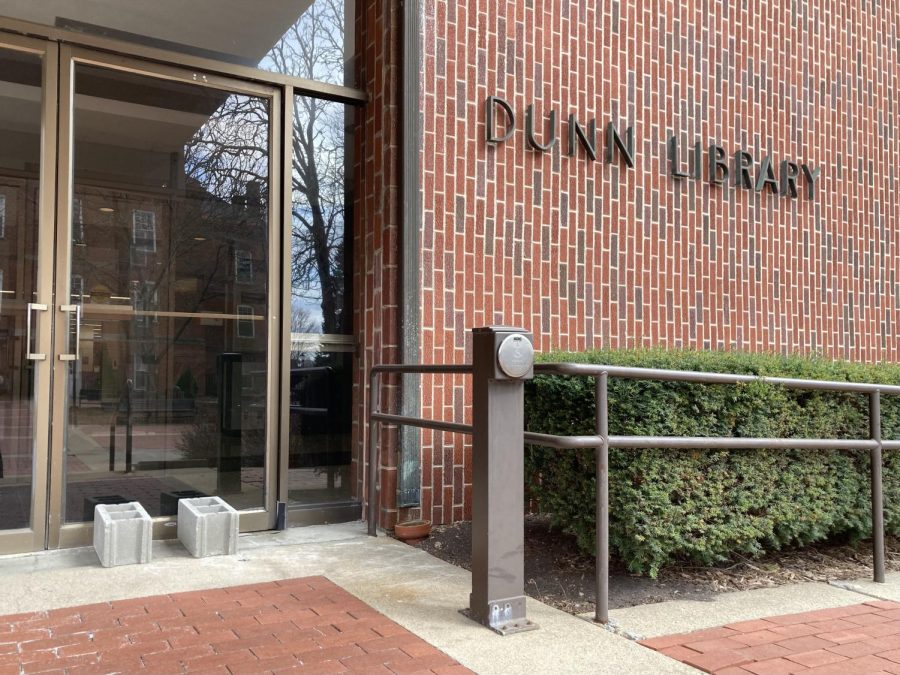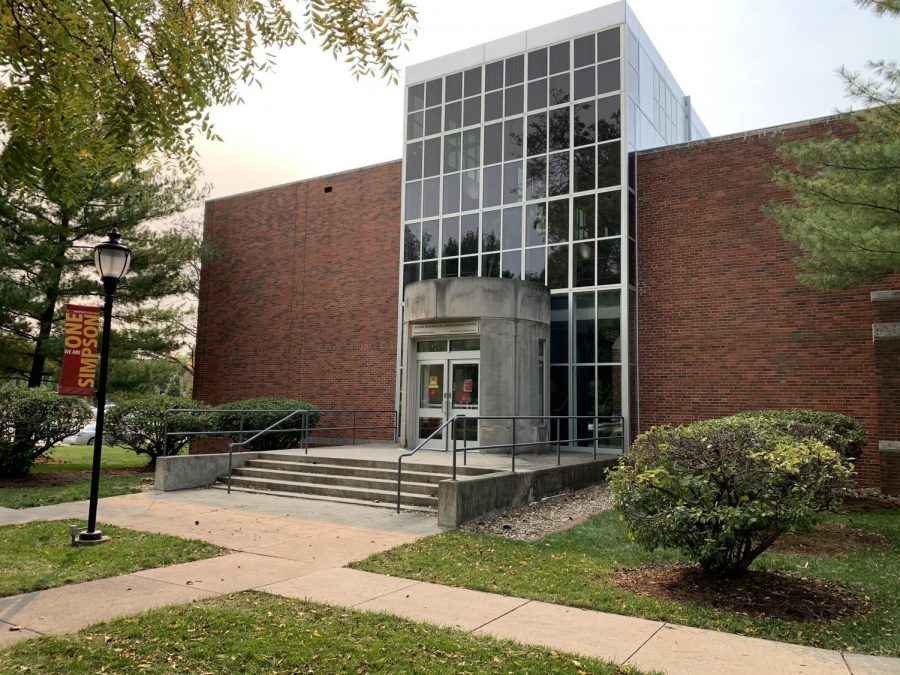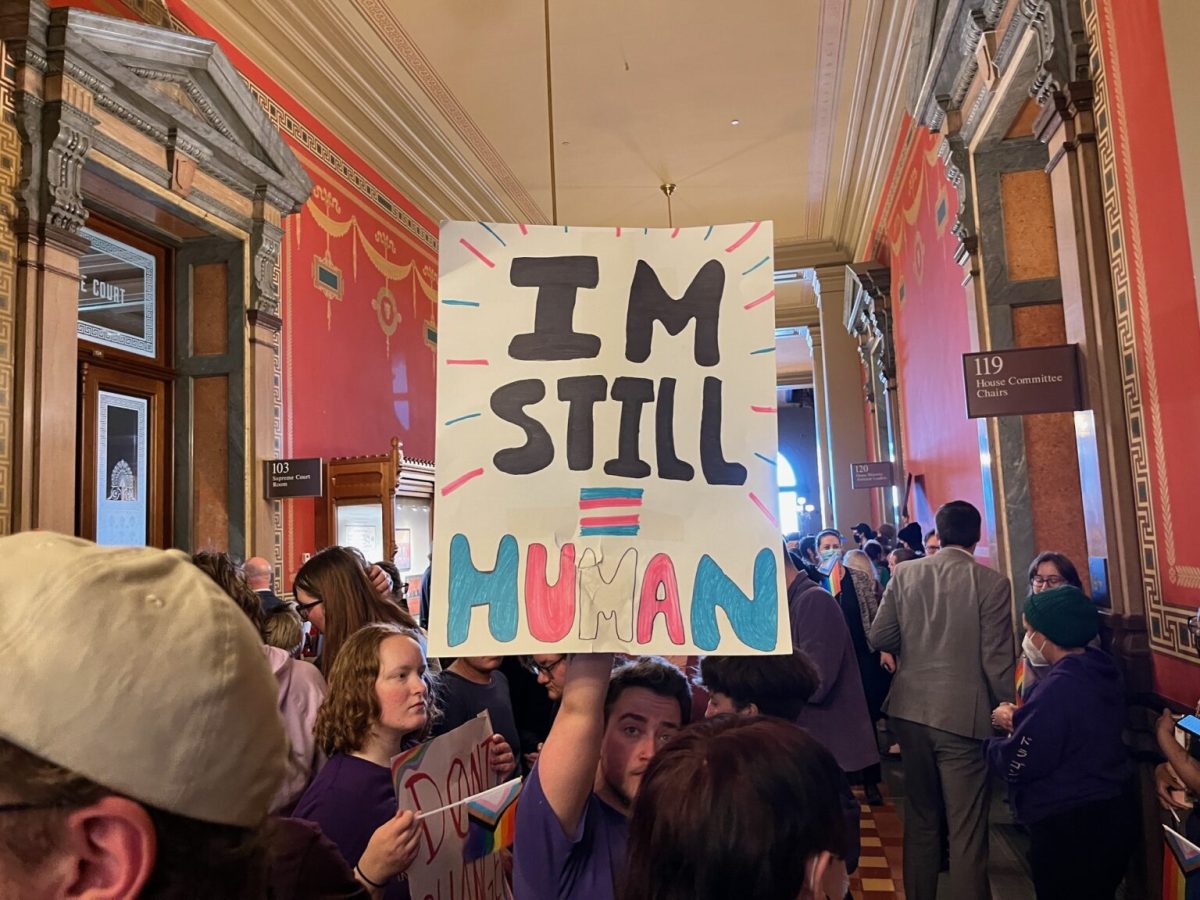Buddhist studies arriving at Simpson College this fall
Starting in fall 2022, various new religion courses will be offered by the new Buddhist Studies professor. The position is currently in the hiring process.
February 2, 2022
Beginning Fall 2022, Simpson College will offer a Buddhist studies program.
The new position is funded by a grant from the Robert H. N. Ho Foundation Program in Buddhist Studies, which is administered by the American Council of Learned Societies.
“The grant was written by Professor Jon Kara Shields last fall and it’s a five year grant to fund the position and the search for the position,” Academic Dean Woell said.
The grant will fund the position for the first year and then slowly over the next five years the college will begin to pick up a larger portion of the cost of the position.
“It comes with a small research funding, some course development funding and things like that,” Woell said.
The first round of interviews for the position began before winter break and the finalist interviews have been taking place over the last two weeks. The department hopes to have a decision made by March 1.
The religion department has been working on crafting this position since 2020.
“It was really Professor Shields and Professor Callan who did the bulk of the work and pulled that all together, and so that allowed us to post at both the assistant professor and associate professor level,” Woell said.
With the new addition of a Karen Buddhist Temple in Indianola, the department hopes to partner with the temple and foster a unique learning environment.
“Only time will tell, but we are hoping to develop a positive relationship of mutual benefit between the campus community and our new Karen neighbors,” Professor Jon Kara Shields said.
The Karen Buddhists took possession of the old Environmental Science outdoor ecology lot and former Simpson Production’s storage building on Dec. 15 and have been making progress on converting the building into a temple.
The new position will open the door to several new and unique courses.
“They will teach courses in introductory, intermediate and advanced studies on Buddhism as well as contributing to the Foundation’s program, Intro to World Religions and possibly offer courses on Indigenous religions,” Kara Shields said.
These new courses will be interdisciplinary and will depend on the interests and background of the person who is hired.
“They might teach courses on cultural understandings of death and mourning practices, Buddhist philosophy of mind, the spread of Buddhism in the United States, about how Buddhism has influenced approaches to sports performance or psychotherapy, a course on Buddhist art, Buddhism and disability studies or a course on Buddhism and Asian politics,” Kara Shields said.
The department is also planning on developing new May Term travel abroad courses focused on religions. The candidates have suggested trips to India, Sri Lanka, Japan and other locations.
“We will know more about what the new person will teach once they have been hired. In Fall 2022, they will teach Introduction to Buddhism and Introduction to World Religions while they are adjusting to life and teaching in a new place, but additional new classes will launch starting in the Spring,” Kara Shields said.
Both Kara Shields and Professor Maeve Callan said they hope that this new position will create a more welcoming environment for students of different faiths.
“We hope our new colleague will also help strengthen our Interfaith Fellows program, enriching religious diversity and interfaith engagement on campus and further deepening our relationships with the wide range of religious communities in the area,” Callan said.
Kara Shields said she hopes that by adding the new Buddhist studies position, the college can hopefully open doors to different discussions and viewpoints.
“Recruiting more Buddhist students would be a lovely outcome, but I think it would be a mistake to think that only Buddhists are interested in studying Buddhist traditions or would benefit from studying Buddhism,” Kara Shields said. “Buddhism is not a system of beliefs, but a whole set of traditions that shapes how people live — it relates to attitudes and practices in medicine, art, food, sports, economics, philosophy and politics.”



